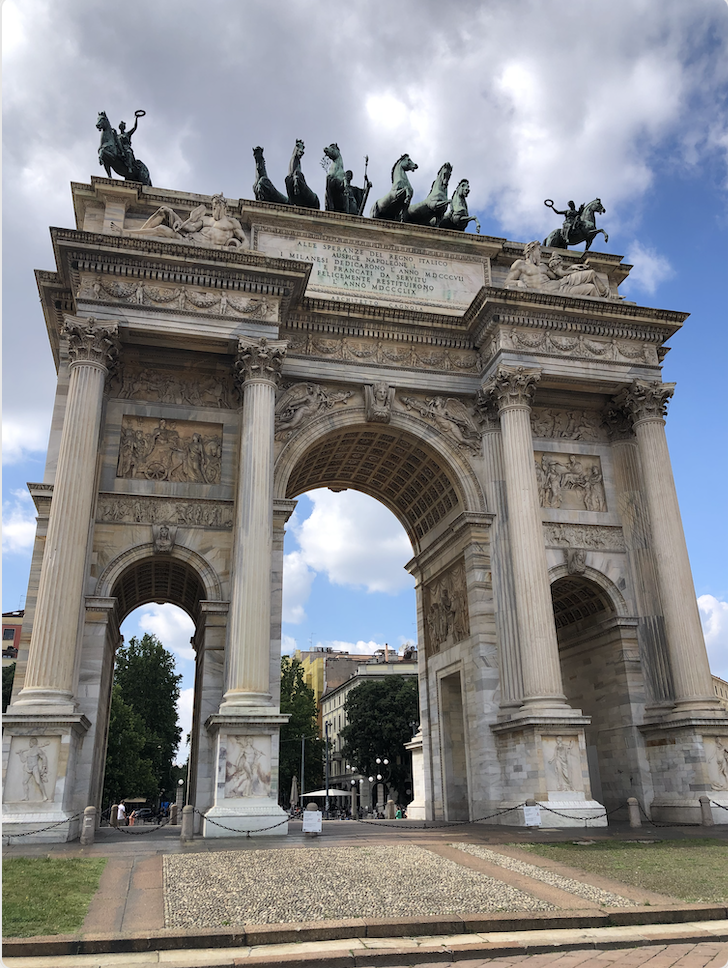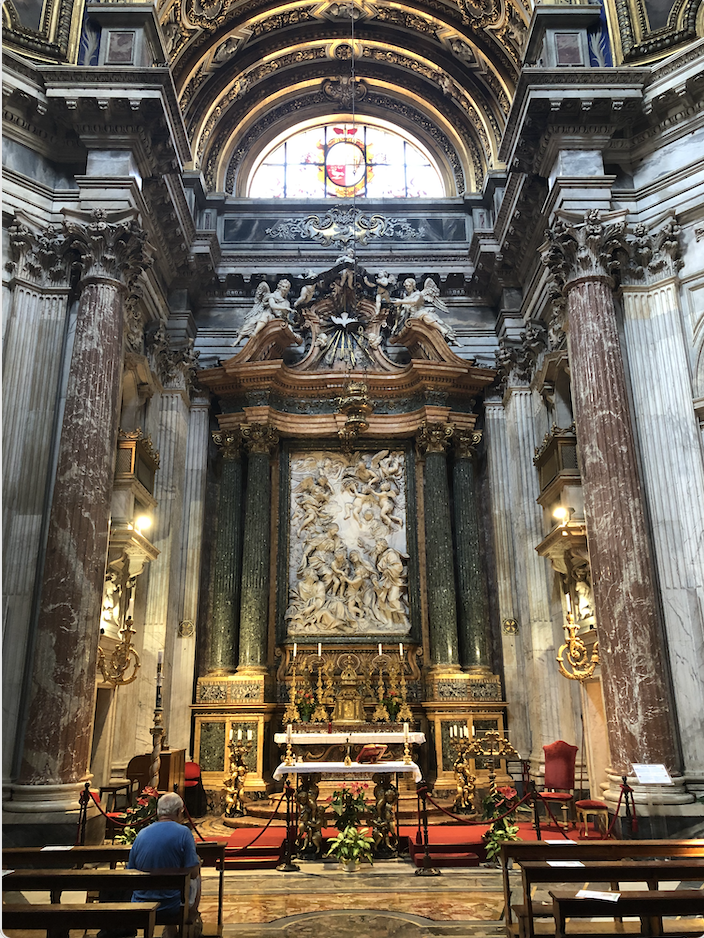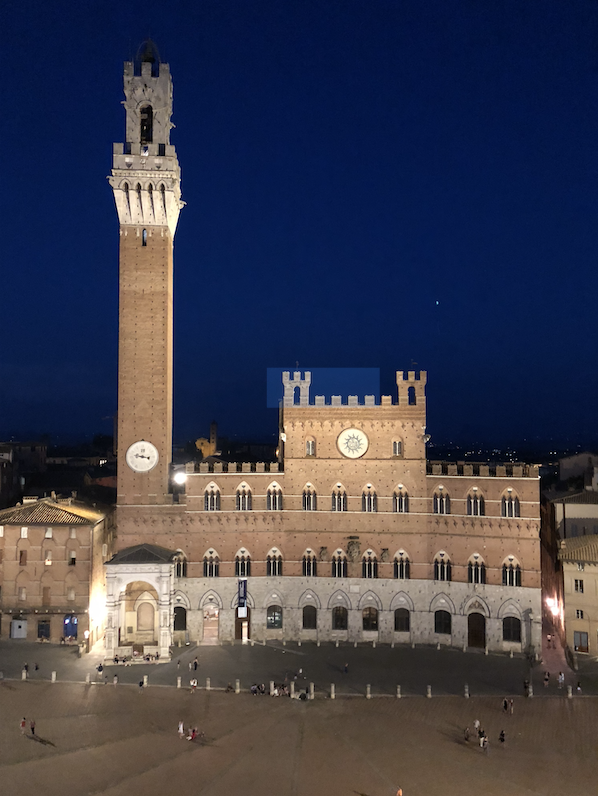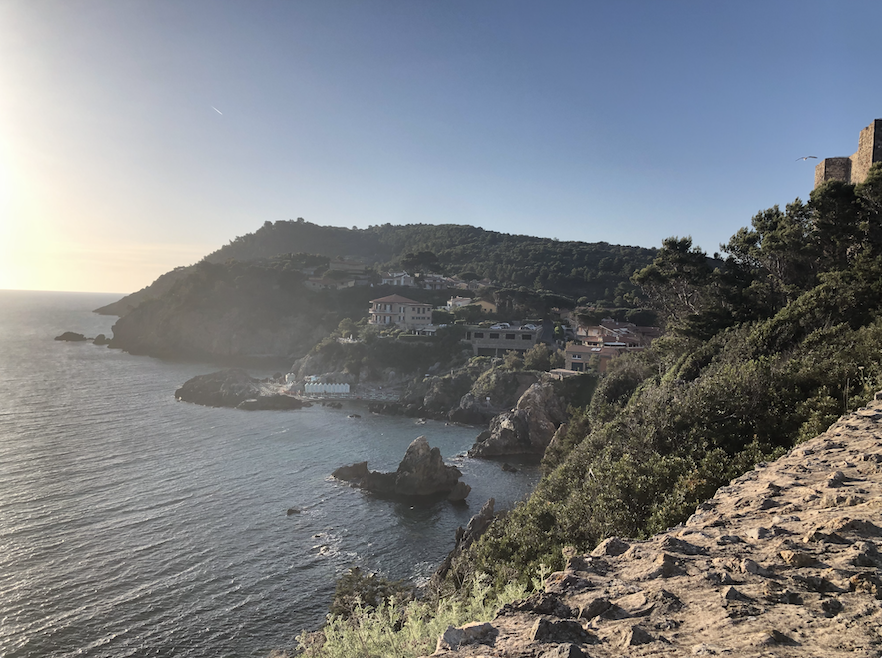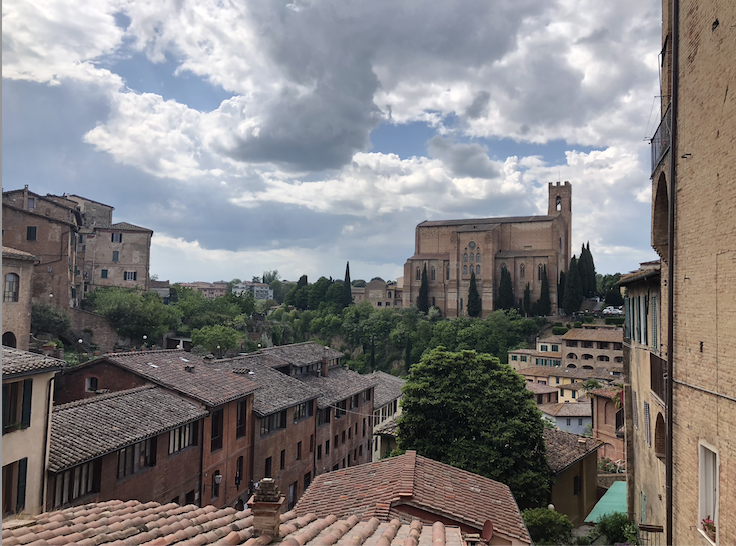This summer enabled me to meet people and have conversations I would have never thought to have. I went to Timisoara, Romania for a weekend without knowing a soul there. I walked around cities older than anything I had ever seen before.
This summer ignited my already growing interests in City Planning. Seeing how different a city can be and weighing the pros and cons of different layouts was fascinating. I could never have imagined how easy train travel could be between cities thousands of miles apart. I didn’t realize a massive city like Milan could ban personal cars in their downtown areas. I now want to study more and find out how I can give American cities the same feeling of walkability with small local shops, plenty of public transportation, and frequent cultural events. Every household broke their trash into 6 categories for compost, different recycling, and trash. I love composting and having to go back to throwing away my food waste since returning has been very difficult. I am inspired to bring to the US the same sustainable standards that Italy holds itself to and keep trying until the entire country has more livable and sustainable cities.
Being abroad opened my food palate and allowed me to try incredible foods. I had pasta at least once a day which was amazing because I didn’t gain weight. The biggest surprise was going from not liking mozzarella cheese and tomatoes to having them be my favorite food abroad. Everything was so fresh I couldn’t believe it.
These 3 months in Italy included some of the best days of my life. It also included a lot of very lonely days where I felt very far from home and very hopeless. Having such a large language barrier is difficult, because I would want to have the same deep, complex conversations as I do with people in the US, but my vocabulary would limit many of my statements into more obvious, simplistic statements. I had to get used to being seen as a hopeless child in certain situations that followed along without knowing where I was going or what was being discussed. I grew frustrated multiple times with how I was messing up different Italian grammar and was at times very nervous to talk in fear of getting judged.
By the end, my Italian had improved by a lot, as I went from only studying grammar and asking broken questions with my private teacher, to having 2-hour conversations about immigration, transportation, politics, and culture. That last week of class has been one of my proudest moments, and I’m glad I was able to reach that level of Italian proficiency. I look forward to continuing taking Italian classes now after gaining such a great insight into Italian life.
